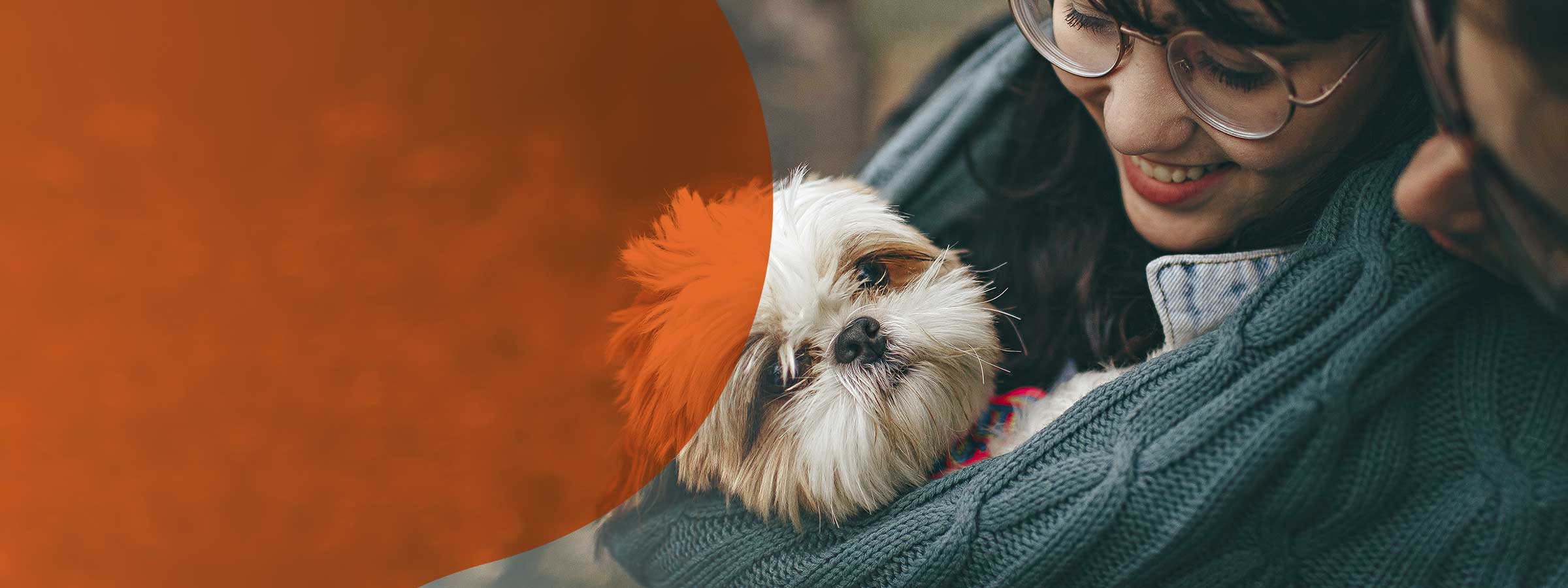
Preparing pet owners for emergencies
Make sure your pets are included in your preparations for emergencies such as bushfire, flood, earthquake and other dangerous events.
Act Now!
It is vitally important that you make preparations well before disaster threatens. Online information may not be accessible in the lead up to, and during, an emergency.
Download and print this 1-Page, PDF version of the following checklist for keeping you and your pets safe. Pin the checklist in a prominent location inside your household.
There are more than 27million companion animals in Australia
The Australia CAN Pets in Emergencies Checklist
Your emergency preparations for your pets should include:
- Food and water for at least five days for each pet, bowls and a manual can opener if you are packing canned pet food.
The World Health Organisation says a person requires, on average, at least 2.5 to 3 litres of water a day (for drinking and food only). While your pet may not need that much, keep an extra 4 litres on hand to use if your pet has been exposed to chemicals or flood waters and needs to be rinsed. - Medications and medical records stored in a waterproof container and a first-aid kit. A pet first-aid book is also a good idea.
- Cat litter box, litter, litter scoop and garbage bags to collect all your pets’ waste.
- Sturdy leashes, harnesses and/or carriers to transport pets safely and to ensure that your pets can’t escape. Make sure that your cat or dog is wearing a collar and identification that is up to date and visible at all times. Carriers should be large enough to allow your pet to stand comfortably, turn around and lie down. (Your pet may have to stay in the carrier for hours at a time.) Your pet may also need blankets or towels for bedding and warmth as well as special items.
- Current photos of you with your pets and descriptions of your pets to help others identify them in case you and your pets become separated — and to prove that they are yours once you’re reunited.
- Written information about your pets’ feeding schedules, medical conditions and behaviour issues, along with the name and number of your veterinarian in case you have to board your pets or place them in foster care.
Other useful items:
- Newspapers
- Paper towels
- Plastic trash bags
- Grooming items
- Household bleach



